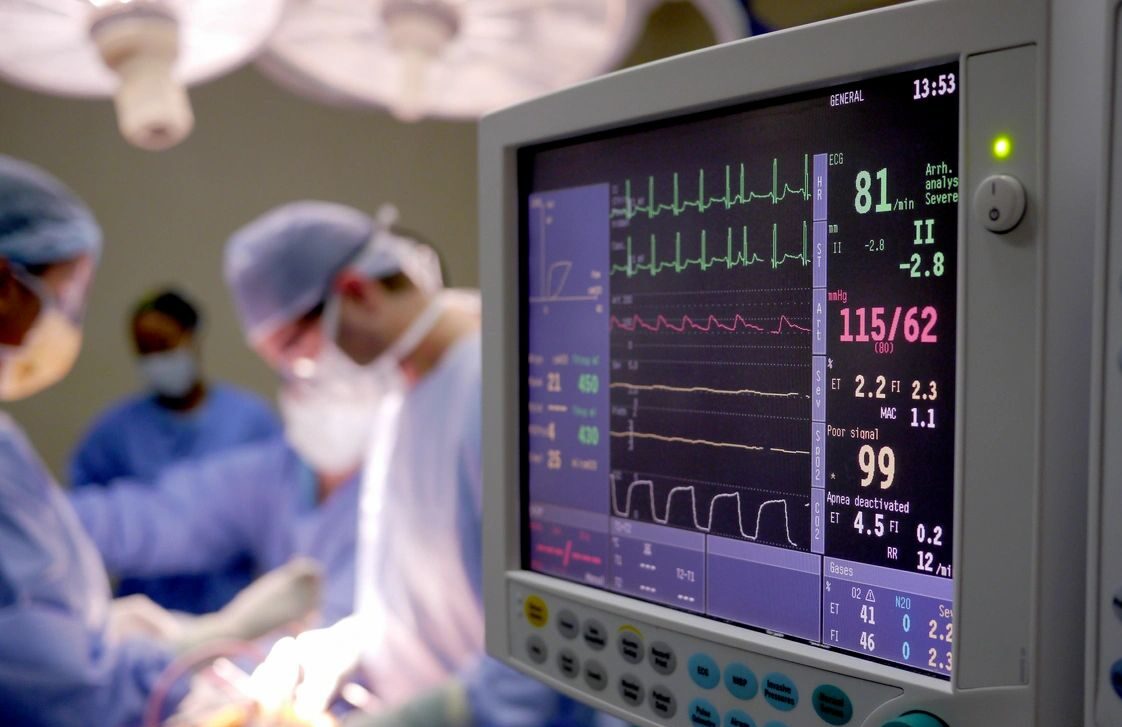Value Proposition

RT Cardiac Systems Pitch
Heart failure is the #1 cause of death in the USA with ~2,400 people every day losing their lives from coronary artery disease! Percutaneous mechanical circulatory support (pMCS) can provide acute circulatory support for patients with emergent, disabling cardiogenic shock and during high risk percutaneous coronary interventions (HR PCI) such as multi-vessel stenting. pMCS utilizes non-surgical, catheter-based implant procedure with small holes and wires for guidance also used for stents and balloon angioplasty. This provides very quick implantation to initiate therapy quickly for these very sick people.
There is a single provider of PMCS whose technology is providing valuable therapy, establishing best practices, and market growth, currently $841M/year. However the technology is based on 1990’s state of the art pump design. This provides the opportunity for next-generation technology with the goal of improving the therapy, including reducing harmful side effects/adverse events.
Several start-ups are utilizing in-situ expanding pump technology. This technology offers the promise of smaller access sites and the potential of greater levels of support. Currently, pumps using balloon blades are low complexity (i.e., very similar to the ~35 BC Archimedes screw pump), resulting in low efficiency compromising support at physiologic pressures. In addition, these devices have a stiff driveline with a rotating inner shaft that connects the implanted pump with and external electrical motor. It is possible that the stiffness of the driveline will aggravate the access site causing bleeding than the non-expanding commercially available pMCS. Results from clinical trials are required to confirm or disprove the promise of this technology class.


RTCS is a start-up company developing next-generation pMCS system utilizing a different approach to improve therapy . RTCS utilizes a different, well-proven technology of a rigid axial flow pump commonly found in many applications such as fans, propellers, and even jet engines. Highly optimized pump design, as well as extensive knowledge of developing blood pumps, is allowing RTCS to create an advanced, next-generation pMCS support system. The RTCS CEO was the Chief Scientific Officer who led the development of one of only two commercially successful chronic mechanical circulatory support companies and holds nearly 50 patents related to blood pumps.
